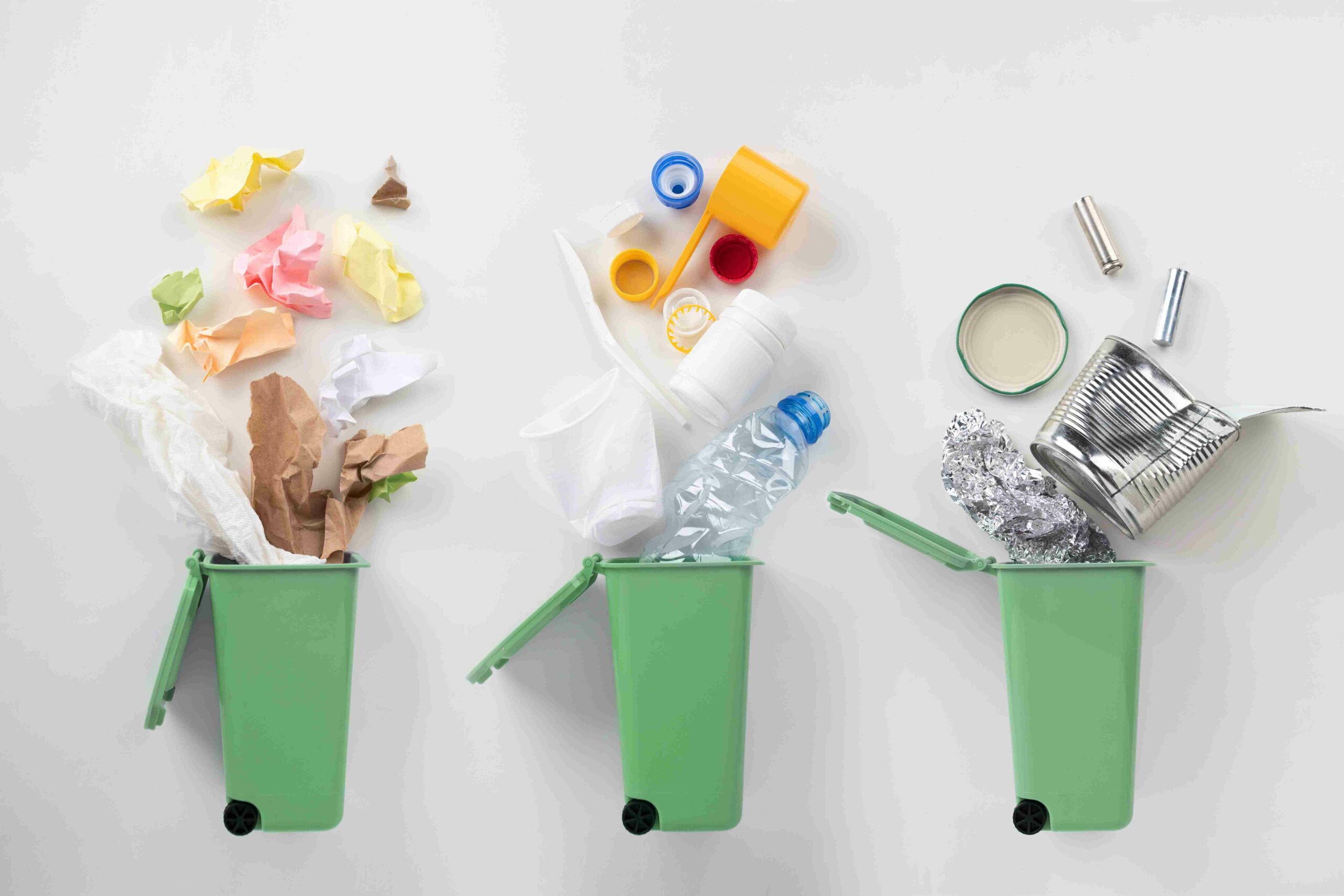Plastic is a constant presence in our lives and we find it all around us. It is a material that has become indispensable in our day to day living. From water bottles to food packaging, plastic has revolutionised the way we store and transport our goods. However, the convenience that plastic provides has come at a significant cost to our environment.
The plastic pollution problem is getting worse, and recycling plastic is becoming practically impossible which doesn’t help the situation at all.
We will explore the reasons why recycling plastic is so challenging and what could be done to address this growing concern.
Plastic recycling is a complex process that involves a series of steps. The first step is the collection of plastic waste, which is often contaminated with other non-recyclable materials such as food and paper. When this is the case, the plastic waste usually has to be discarded.
Once the plastic waste that is suitable for recycling has been collected, it needs to be sorted, cleaned, and shredded into small pieces. These pieces are then melted down and moulded into new products.
Though this process may sound simple, it is far from straightforward, and there are several reasons why recycling plastic is becoming increasingly difficult.
One of the main challenges in recycling plastic is the sheer volume of plastic waste that is generated. According to the Environmental Protection Agency (EPA), in 2018, the United States generated 35.7 million tons of plastic waste, of which only 9.1% was recycled.
This means that the vast majority of plastic waste ends up in landfills or is incinerated, releasing harmful greenhouse gases into the atmosphere.
Furthermore, plastic waste often contains different types of plastics which makes it difficult to recycle. Different types of plastics have different properties which means that they melt at different temperatures and require different processing methods.
Another challenge in recycling plastic is the low market demand for recycled plastic. Recycled plastic is often more expensive to produce than virgin plastic, which means that manufacturers are reluctant to use it.
Moreover, plastic recycling facilities are often located far away from the sources of plastic waste, which increases the cost and energy required to transport it. This is particularly problematic for developing countries, which often lack the infrastructure and resources to transport and process plastic waste effectively.
The problem of plastic waste is not only a significant environmental issue but also a human health issue. Plastic waste can release harmful chemicals into the environment which can contaminate soil and water sources as well as pollute the air that we breathe.
Additionally, plastic waste can break down into microplastics which can be ingested by wildlife and enter the food chain, potentially causing harm to human health.
So, what can be done to address this growing issue?
There are several solutions that can help reduce plastic waste and increase the efficiency of plastic recycling. One solution is to reduce our consumption of single-use plastics, such as straws, water bottles, and food packaging. There are plenty of eco-friendly alternatives, from reusable cotton bags to stainless steel water bottles, so it is easy to remove single-use plastic products from your day to day life.
Another solution is to invest in better recycling infrastructure and technology. Governments and private companies can invest in recycling facilities that are closer to the sources of plastic waste. Additionally, new technologies such as chemical recycling and pyrolysis can help to break down plastic waste into its constituent parts, which can then be used to create new products. These technologies can also help to increase the quality and purity of recycled plastic, making it more suitable for use in high-value applications.
Our way of helping to solve the problem with plastic waste is to provide businesses with sustainable products made from environmentally-friendly and ethically-sourced materials, such as organic cotton, jute, bamboo and even rPET.
This eliminates the need for harmful, single-use plastic products typically used by organisations for packaging or promotional purposes. The aim is to make eco-friendly products more accessible and affordable for businesses to enable an easier shift into more sustainable practices.

